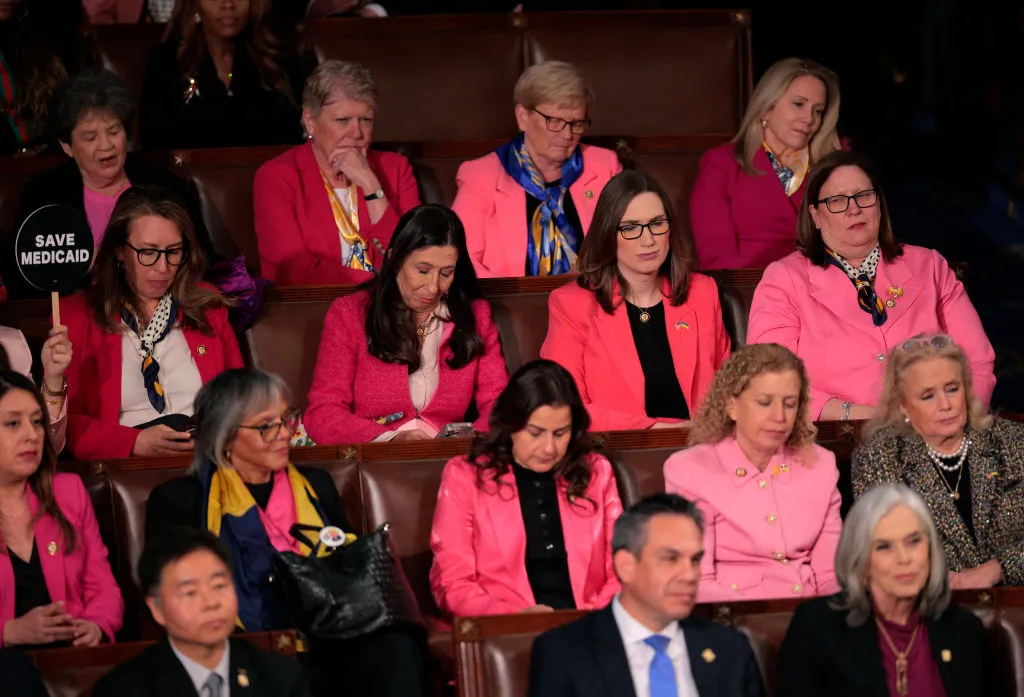How a Deceased University Professor Continues Teaching Online Classes
February 24, 2021
At Concordia University in Montreal, Canada a virtual art history class is taught by a professor who had passed away in 2019, shocking some of his students.
“HI EXCUSE ME”, student Aaron Ansuini wrote in a series of tweets in January. “I just found out the prof for this online course I’m taking *died in 2019* and he’s technically still giving classes since he’s *literally my prof for this course* and I’m learning from lectures recorded before his passing”. This was shortly followed by, “I mean, I guess I technically read texts written by people who’ve passed all the time, but it’s the fact that I looked up his email to send him a question and PULLED UP HIS MEMORIAM INSTEAD that just THREW ME OFF A LITTLE”
The professor in question, Dr. François-Marc Gagnon, recorded a series of lectures pre-Covid era as part of Concordia’s online course catalog, eConcordia. University spokesperson Vannina Maestracci stated that the developer of the online course “is not always the person teaching the course, as is the case here.” She also stated that the course is supposed to build upon Dr. Gagnon’s legacy as well as help students learn and receive proper feedback. Currently, Marco Deyasi is now listed as the official instructor alongside two teaching assistants who grade the papers and interact with the students, while Dr. Gagnon’s teachings continue to serve as a teaching tool.
At the time, Dr. Gagnon’s passing had not been made known to any of the students taking the course, nor did they know that their classes had been pre-recorded. The syllabus named a different professor as the official instructor but stated that Gagnon would be the one delivering the lectures, which wasn’t uncommon for Concordia classes. “There were two professors listed, but there was no indication that one of them was not available or one of them had passed,” Ansuini reported. “There was really no indication whatsoever.”
Concordia has since updated Dr. Gagnon’s biography in the student’s course information. “We, of course, regret that this student felt they had not been clearly informed and have updated Dr. Gagnon’s biography in the course information provided to registered students”, Maestracci said in regards to the professor’s passing.
Technically, universities have a right to continue utilizing a professor’s recorded lecture posthumously, however there has been debate on whether this should be legal or not. “I think the default position in higher ed is that an institution doesn’t stake claim to a professor’s course materials or lectures,” says Jeremy Bassetti, a professor at Valencia College. His views are supported by multiple other professors who were concerned that their respective universities would try to utilize their recorded lectures as they pleased. Although Maestracci noted that Gagnon “developed this online course some years ago with eConcordia,” she never addressed whether Gagnon had explicitly consented to the course running after his passing.
Attorney Joseph D’Angelo also pointed out that it’s not unreasonable for students to be expecting a living professor if that’s what they believe they’re paying for. “[Technically] You could make a legal argument … that I signed up to all of these fringe benefits, I’m not getting it because of COVID, and I can’t even interact with this person on an electronic level,” he says. “I’m not sure they would win if a student was to bring that suit, but I think there might be some damages.”
Every student feels different about the idea of a deceased professor teaching, needless to say. A former student at Eindhoven University of Technology says that she was unbothered by the online modeling class that she took which was also taught posthumously. Unlike Concordia, however, the professor’s recent passing was announced during the introductory lecture, which to the student made the course feel like a mark of respect for the teacher.
Perhaps Concordia could handle future situations such as this one differently. “We don’t live in a world where someone dies and you don’t care,” Ansuini says. “I think it lacked tact and respect for this teacher’s life, and his work, and his students, to think that’s not noteworthy.”









